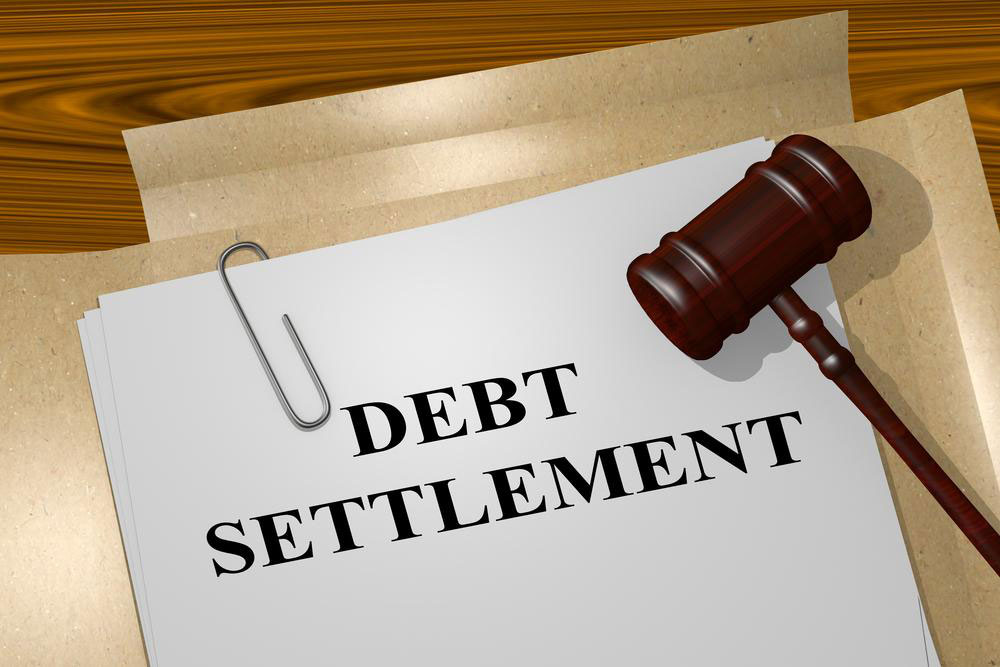Understanding debt settlement
Most individuals fail to realize the debt accrued until it is too late and they are receiving calls from debt collection agencies or being issued with default notices from the lender. When drowning in debt, individuals usually look at two options–debt management or debt settlement. The former approach is where the individual focusses on paying off all the debt accrued at a reduced interest rate and ensure that they are completely debt free within a span of 3 to 5 years. The debt settlement option is where individuals work with attorneys to lower their debt through negotiation and pay up a certain amount to decrease the accumulation.

Pros and cons of debt settlement
While debt settlement will cause a fall in the credit score, the negative impact would not be as drastic as those who had probably filed for bankruptcy. This method is the most efficient method to do away with debts in an economical manner as the individual would not be required to repay the total principal amount borrowed.
On the negative side, creditors only negotiate terms when the loan is delinquent for more than four months. While the debt would be forgiven, the taxes would remain, and third-party providers can easily charge a high fee for debt resolving. Moreover, the acceptance of debt settlement agreements is based on the creditor’s discretion, and there is no rule to force them to do so. In the event that a creditor refuses to accept the debt settlement deal, the individual’s financial status would take a huge hit and worsen. Nevertheless, debt settlement is best suited for those who have huge credit card debts, and have debt delinquency that is beyond debt consolidation.
